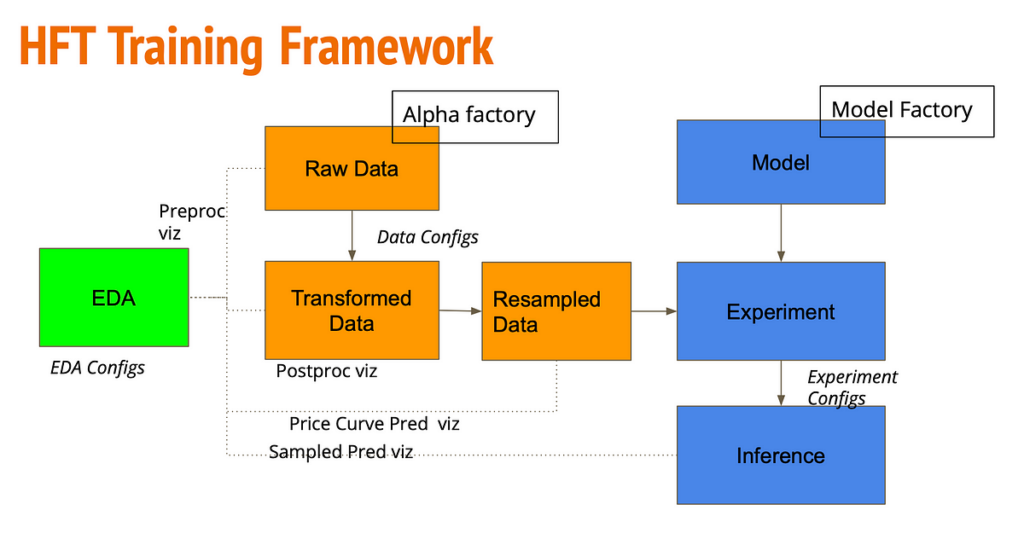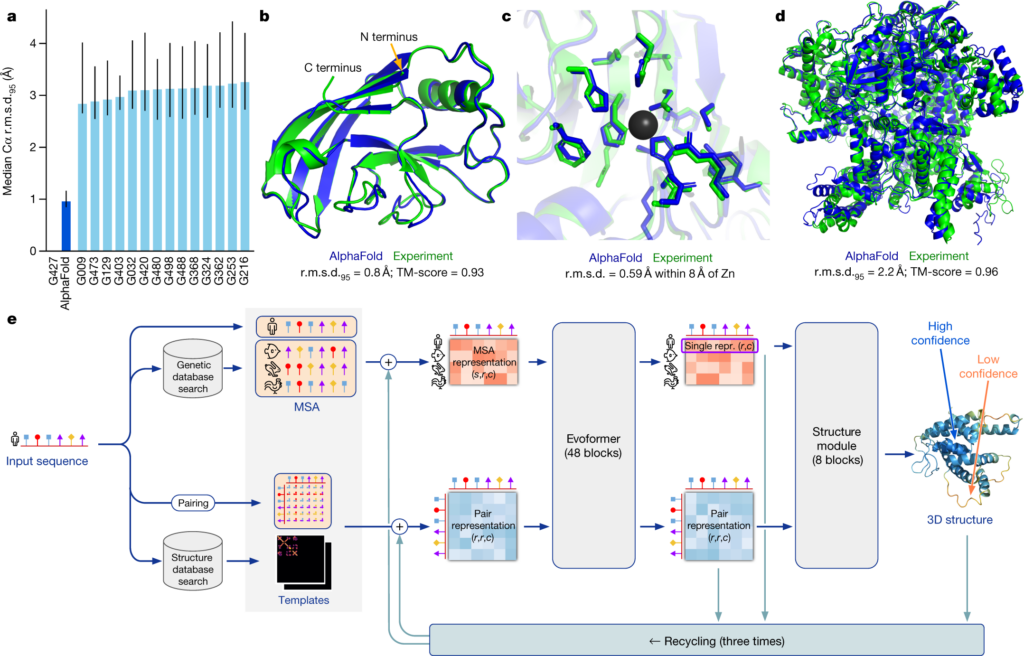Scarlett Johansson vs. OpenAI: A Clash Over AI Voice Likeness
Scarlett Johansson vs. OpenAI: A Clash Over AI Voice Likeness
In a world where artificial intelligence continues to blur the lines between reality and simulation, recent events involving Scarlett Johansson and OpenAI have spotlighted crucial ethical considerations. The acclaimed actress recently voiced her frustration and legal action against OpenAI for using a voice that bore an uncanny resemblance to hers in their latest ChatGPT 4.0 update, despite her previous refusal to participate.

Image generated by Artificial Intelligence (Stable Diffusion v1). Prompt: Joaquin Phoenix in the movie ‘Her’, sitting on a chair looking at the computer where Samantha is. In the style of a New Yorker magazine colourful illustration
The Incident Unfolds
Scarlett Johansson, known for her voice role as an AI in the 2013 film «Her,» revealed her dismay upon discovering that OpenAI’s new voice assistant, «Sky,» sounded strikingly similar to her voice. Johansson stated that she had been approached by OpenAI’s CEO, Sam Altman, nine months earlier to lend her voice to the ChatGPT 4.0 system, which she declined for personal reasons. Despite this, the voice of «Sky» released with the new ChatGPT 4.0 last week closely mimicked hers, enough to be mistaken by friends, family, and the public.

Presentation of new OpenAI Artificial Intelligence model, 3 people in front of an audience are using a phone where the new AI is. The room is made of wood. In the style of a New Yorker magazine colorful illustration
Johansson’s Statement
In her public statement, Johansson expressed feelings of shock, anger, and disbelief, noting that Altman had previously hinted at the potential comfort her voice could provide in bridging the gap between tech and creatives. The actor’s statement highlighted how this issue was not just about a voice but about the broader implications of consent, likeness, and the ethical use of AI technology.
«When I heard the released demo, I was shocked, angered and in disbelief that Mr. Altman would pursue a voice that sounded so eerily similar to mine that my closest friends and news outlets could not tell the difference,» Johansson wrote. This led her to seek legal counsel, resulting in OpenAI’s decision to pause the use of the «Sky» voice.

Image generated by Artificial Intelligence (Stable Diffusion v1). Prompt: Scarlett Johansson posing in the red carpet. In the style of a New Yorker magazine colourful illustration
OpenAI’s Response
OpenAI quickly responded by pulling the «Sky» voice from its ChatGPT 4.0 lineup. The company maintained that the voice was recorded by a professional actor and was not intended to mimic Johansson. «The voice of Sky is not Scarlett Johansson’s, and it was never intended to resemble hers,» Altman stated. He acknowledged that the voice actor was chosen before reaching out to Johansson, emphasizing that better communication might have avoided the controversy.
The Broader Implications
This incident underscores a growing concern within the entertainment and tech industries about the use of AI to replicate human likenesses. The rapid advancement of voice imitation technology allows for highly realistic reproductions, which can lead to significant ethical dilemmas and potential legal battles over likeness rights and consent.
Legal and Ethical Considerations
The case raises questions about the legal boundaries of voice and likeness imitation, particularly without explicit consent. Johansson’s call for transparency and appropriate legislation reflects a broader push for protecting individual rights in the face of advancing AI capabilities. This isn’t an isolated issue; voice imitation has been misused for scams and disinformation, highlighting the urgent need for regulatory frameworks.
Industry Reactions
The Screen Actors Guild – American Federation of Television and Radio Artists (SAG-AFTRA) voiced their support for Johansson, emphasizing the need for clarity and transparency. They commended OpenAI for pausing the use of «Sky» and expressed a desire to work with industry stakeholders to develop robust protections.
Conclusion
The Scarlett Johansson and OpenAI dispute is more than a celebrity grievance; it’s a pivotal moment in the ongoing dialogue about AI ethics and the protection of personal identity in the digital age. As AI continues to evolve, balancing innovation with respect for individual rights will be crucial. This incident serves as a reminder that with great technological power comes the responsibility to wield it ethically and transparently.
Stay tuned to our blog for more updates and insights on the intersections of artificial intelligence, technology, and ethical considerations.









